When to study is a question we get a lot. What time of day? How long? These are certainly some of our frequently asked questions.
When it comes to financial exams such as the Series 7 Top-Off, or the CFA exam, there is only so much time you have in your day. So, to make sure that you get the most out of your study session, you might want to know what time is best.
In today’s post, we’ll cover what we see work best for our students. Plus, we cover what the academics say.
Let’s jump right in.
When to Study: Does the Early Bird Get the (Book) Worm?
We have had many students over the years get up at ungodly hours to start their day with studying. What we discovered from them was a mixed bag. Those that are motivated enough to get up early to study, are usually motivated enough to study hard. High self-motivation is a good thing.
But on the flip side, we have also seen some students rush – to their detriment – to get in practice questions before work begins, with little impact. The lesson we learned was that sometimes it’s less about the time of day and more about time management.
Anytime our students tried to “squeeze” studying into a small time slot (e.g., an hour before work, or an hour before dinner), whether it’s practice questions, or reading, the quality of studying appeared less effective.
Most people need at least a two hour window to get effective studying done. The reason being that it can sometimes take 20 minutes or longer just to settle into a rhythm. Then you have a solid 1.5 hours of studying, assuming no major distractions.
Also keep in mind a Harvard study that showed the average time our minds wander for any given task is almost 50% of the time! So 1.5 hours really turns into 45 minutes.
In a nutshell, if you decide to study in the morning, leave yourself at least a two hour window if you can hack it.
For the Night Owls
Scientists dub our “morningness” or “eveningness” as our chronotype. Although some people are inherently night owls, in one study most pupils could still shift their daily sleep-wake schedule (by an hour). Biologist Christoph Randler indicates that some people are genetically wired to have more energy or function better at night. However, it’s not completely set in stone.
Many of our students prefer to study in the evening. For the most part, there is rarely an issue with this. In fact, the large majority of our students study in the early evenings (somewhere around 9pm or 10pm seems to be a popular cut-off) since they work all day. Where there seems to be an issue is when students try to study well past midnight (on a work night). Naturally, sleep deprivation is anything but helpful.
If you can study earlier in the evening the better. Typically shortly after dinner seems to be most effective for our student. Similarly shortly after breakfast is equally beneficial. A recent surge of glucose (brain food) may be beneficial – studies show a correlation between cognitive ability and glucose levels.
All in all, the most important thing when it comes to studying is to make sure it gets done. Whether you’re a morning person, or a night owl, a couple hours a day at any time will be progress. And of course, the more the merrier. Good luck!

